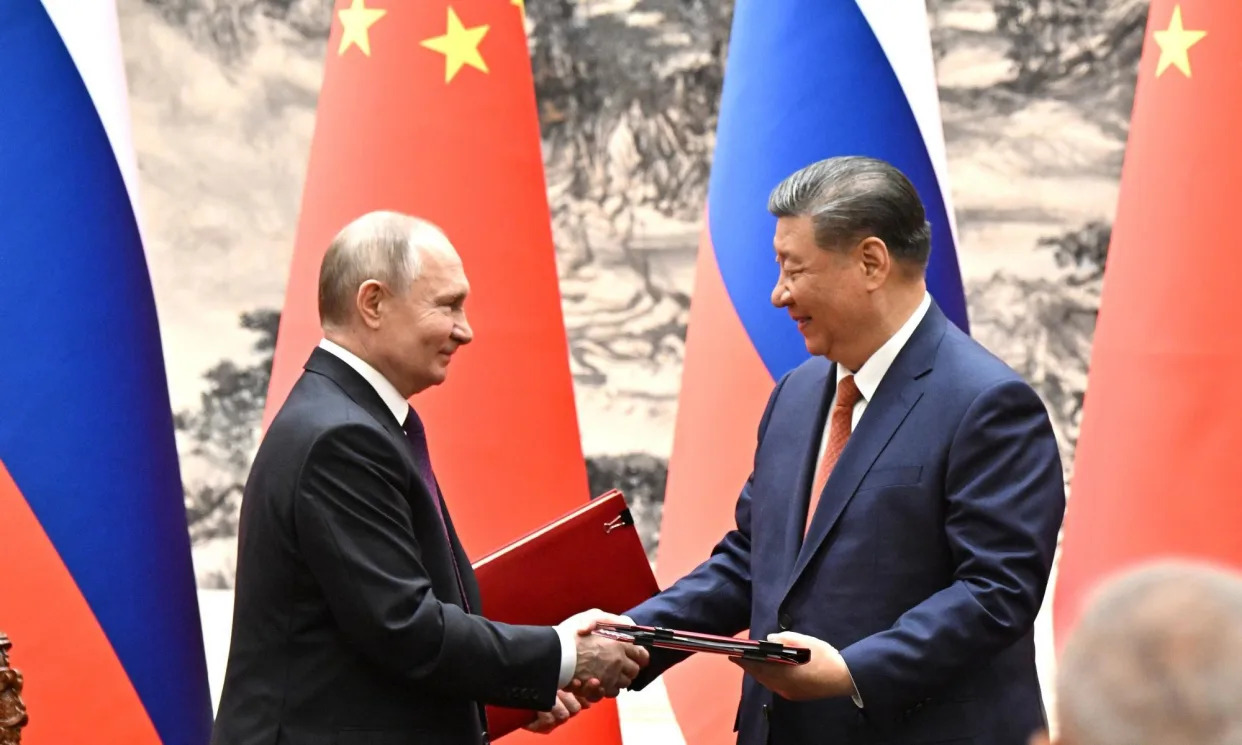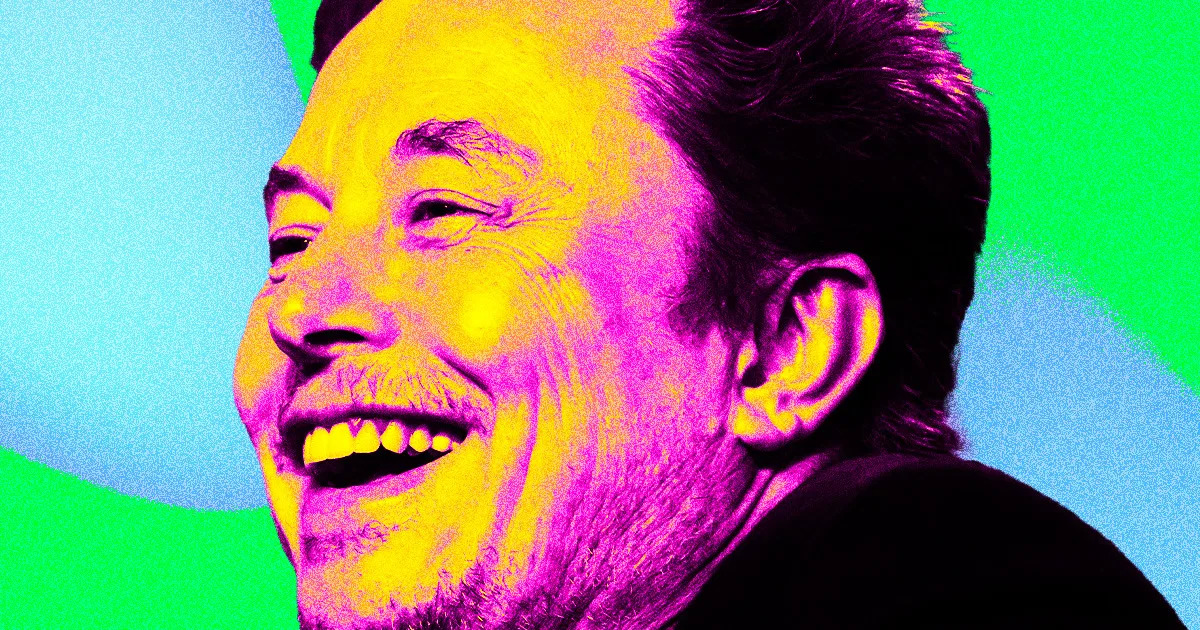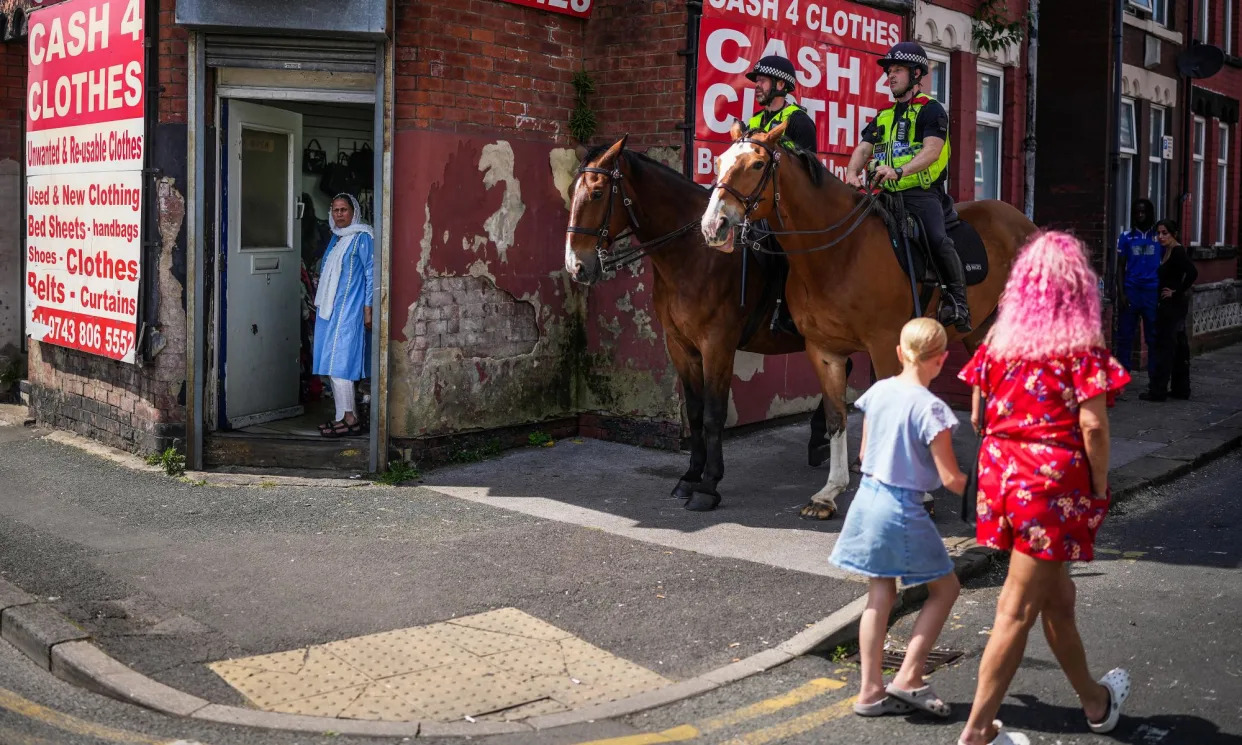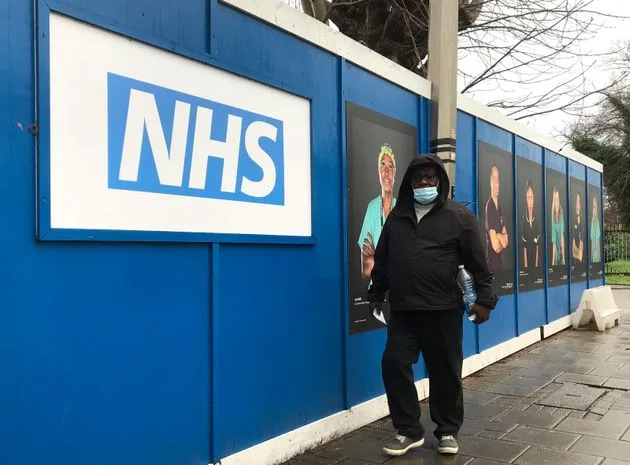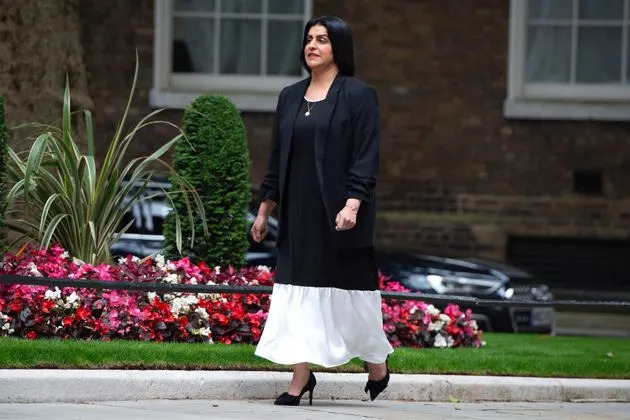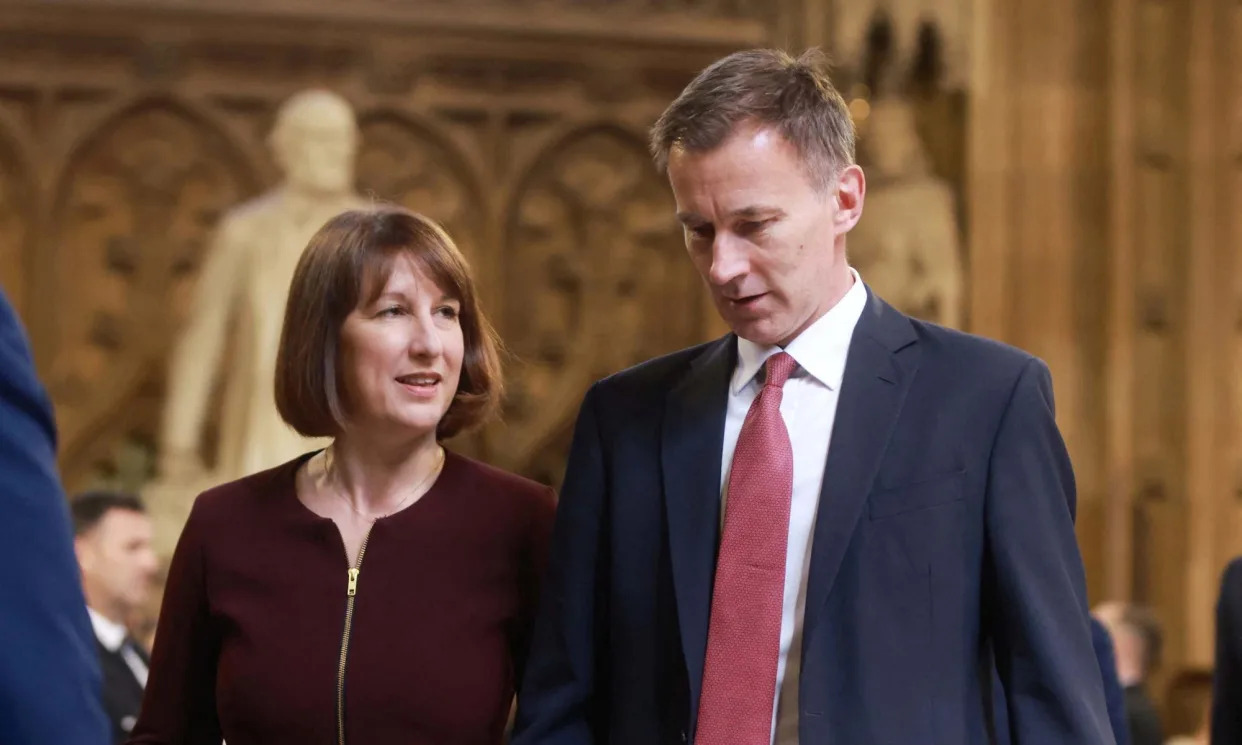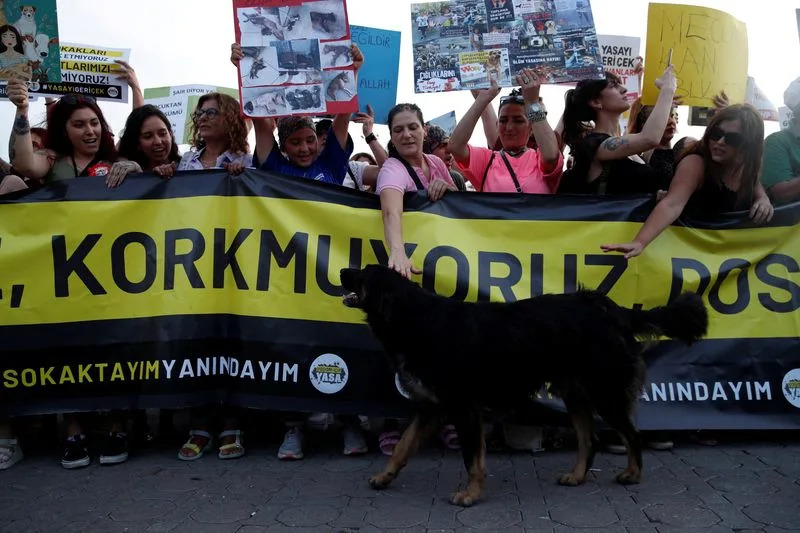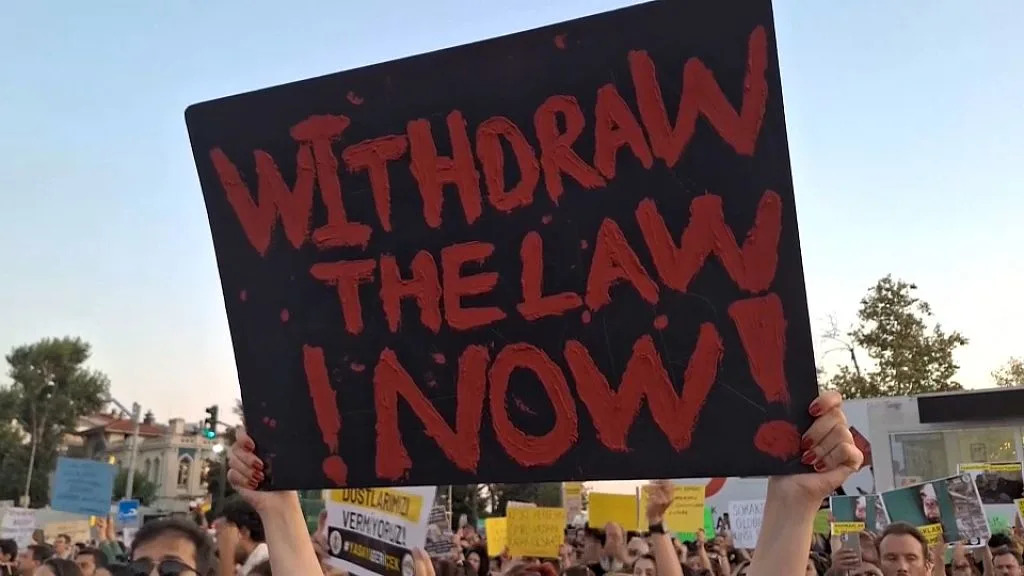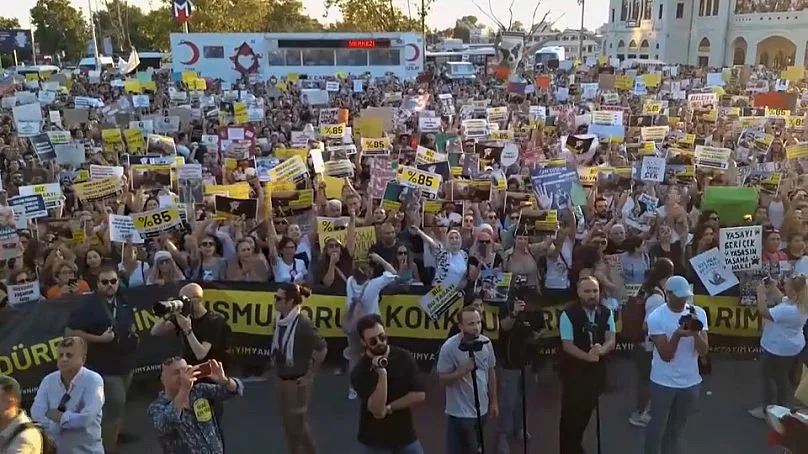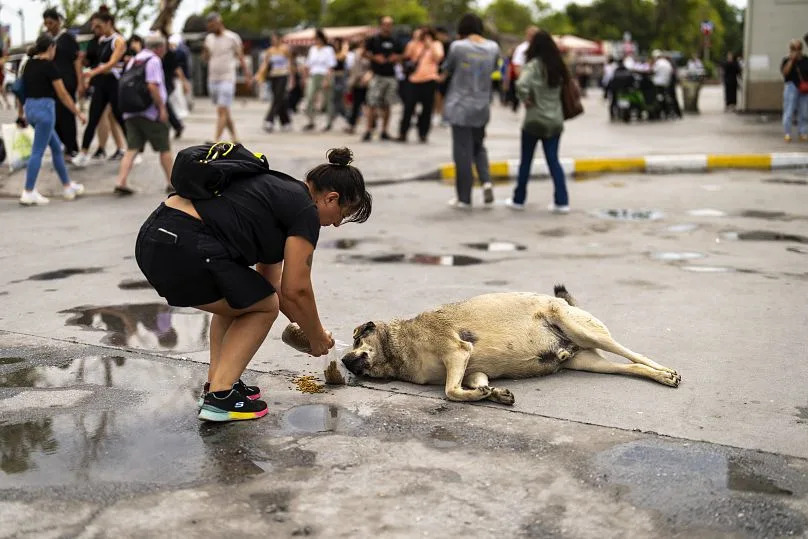CBC
Sat, July 27, 2024

The Canada jay is one of the rare birds spotted by scientists on the Chignecto Isthmus. (Submitted by Sean Blaney - image credit)
For wildlife that can't fly or swim, the only path between New Brunswick and Nova Scotia is across the Chignecto Isthmus.
That's why it's important "to maintain the genetic integrity of populations of species that need it," says Sean Blaney, executive director and senior scientist at the Atlantic Canada Conservation Data Centre.
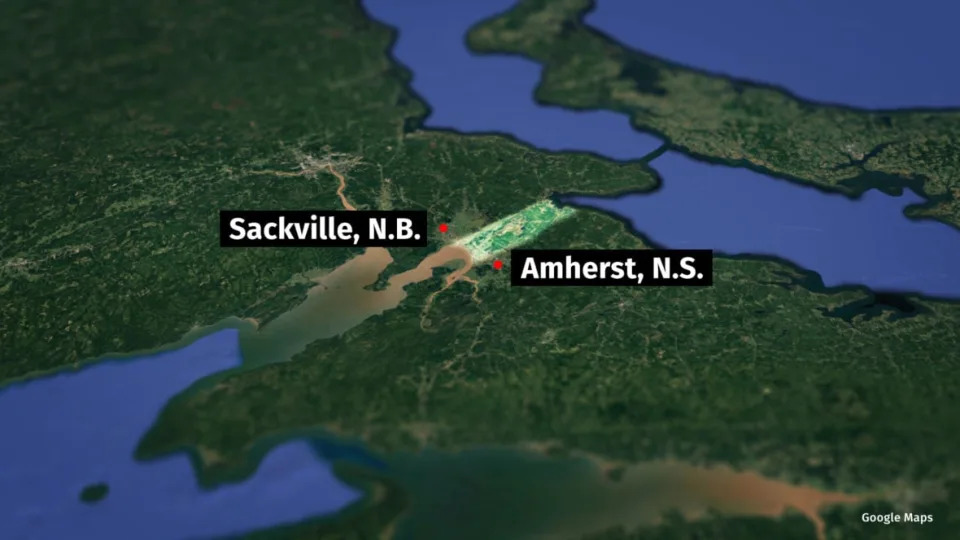
The Chignecto Isthmus connects Nova Scotia with the rest of Canada.
The Chignecto Isthmus connects Nova Scotia with the rest of Canada. (CBC News)
This isthmus, a narrow strip of land that connects the two provinces, is the focus of a research project led by the Nature Conservancy of Canada.
As part of that project, Blaney and a group of scientists at the centre recently surveyed the strip of land, documenting over 58 species of birds. They also identified 360 species of plants, 270 of which were native species and 90 exotic.
"Larger patches of that nature are becoming rarer all the time in our region," said Blaney.
The scientists work beforehand to find "critical zones," or areas that haven't been affected by people that wildlife is likely using to traverse the area.
There are no trails and the terrain is rugged and swampy, said Blaney.
The area that he covered was north of Scoudouc, between Shediac and Moncton.
"I was surprised in a good way by the extent of higher quality forest," he said.
"It can be a struggle to find more mature forest in larger patches in this region because it has a really long history of human occupation and quite intensive use for forestry and for other land uses that have converted the forest entirely."

The Isthmus is a narrow, 24 kilometre strip of land that joins mainland Nova Scotia to New Brunswick and the rest of the continent.
The isthmus is a narrow 24-kilometre strip of land that joins mainland Nova Scotia to New Brunswick. (Submitted by Sean Blaney)
He spotted rare bird species such as the eastern kingbird and Canada jays, and even an orchid listed in New Brunswick as endangered: the southern twayblade.
He said these patches of intact habitat on the isthmus are essential for animals.
"It's quite important as one of the last quite intact zones within a real priority habitat corridor," he said.
Blaney will hand over his data to the Nature Conservancy, which will use it as part of the organization's conservation efforts, including working with local landowners to maintain natural areas.
Work to protect Chignecto Isthmus going too slowly, say local politicians
Sat, July 27, 2024

The Canada jay is one of the rare birds spotted by scientists on the Chignecto Isthmus. (Submitted by Sean Blaney - image credit)
For wildlife that can't fly or swim, the only path between New Brunswick and Nova Scotia is across the Chignecto Isthmus.
That's why it's important "to maintain the genetic integrity of populations of species that need it," says Sean Blaney, executive director and senior scientist at the Atlantic Canada Conservation Data Centre.

The Chignecto Isthmus connects Nova Scotia with the rest of Canada.
The Chignecto Isthmus connects Nova Scotia with the rest of Canada. (CBC News)
This isthmus, a narrow strip of land that connects the two provinces, is the focus of a research project led by the Nature Conservancy of Canada.
As part of that project, Blaney and a group of scientists at the centre recently surveyed the strip of land, documenting over 58 species of birds. They also identified 360 species of plants, 270 of which were native species and 90 exotic.
"Larger patches of that nature are becoming rarer all the time in our region," said Blaney.
The scientists work beforehand to find "critical zones," or areas that haven't been affected by people that wildlife is likely using to traverse the area.
There are no trails and the terrain is rugged and swampy, said Blaney.
The area that he covered was north of Scoudouc, between Shediac and Moncton.
"I was surprised in a good way by the extent of higher quality forest," he said.
"It can be a struggle to find more mature forest in larger patches in this region because it has a really long history of human occupation and quite intensive use for forestry and for other land uses that have converted the forest entirely."

The Isthmus is a narrow, 24 kilometre strip of land that joins mainland Nova Scotia to New Brunswick and the rest of the continent.
The isthmus is a narrow 24-kilometre strip of land that joins mainland Nova Scotia to New Brunswick. (Submitted by Sean Blaney)
He spotted rare bird species such as the eastern kingbird and Canada jays, and even an orchid listed in New Brunswick as endangered: the southern twayblade.
He said these patches of intact habitat on the isthmus are essential for animals.
"It's quite important as one of the last quite intact zones within a real priority habitat corridor," he said.
Blaney will hand over his data to the Nature Conservancy, which will use it as part of the organization's conservation efforts, including working with local landowners to maintain natural areas.
Work to protect Chignecto Isthmus going too slowly, say local politicians
CBC
Wed, July 24, 2024
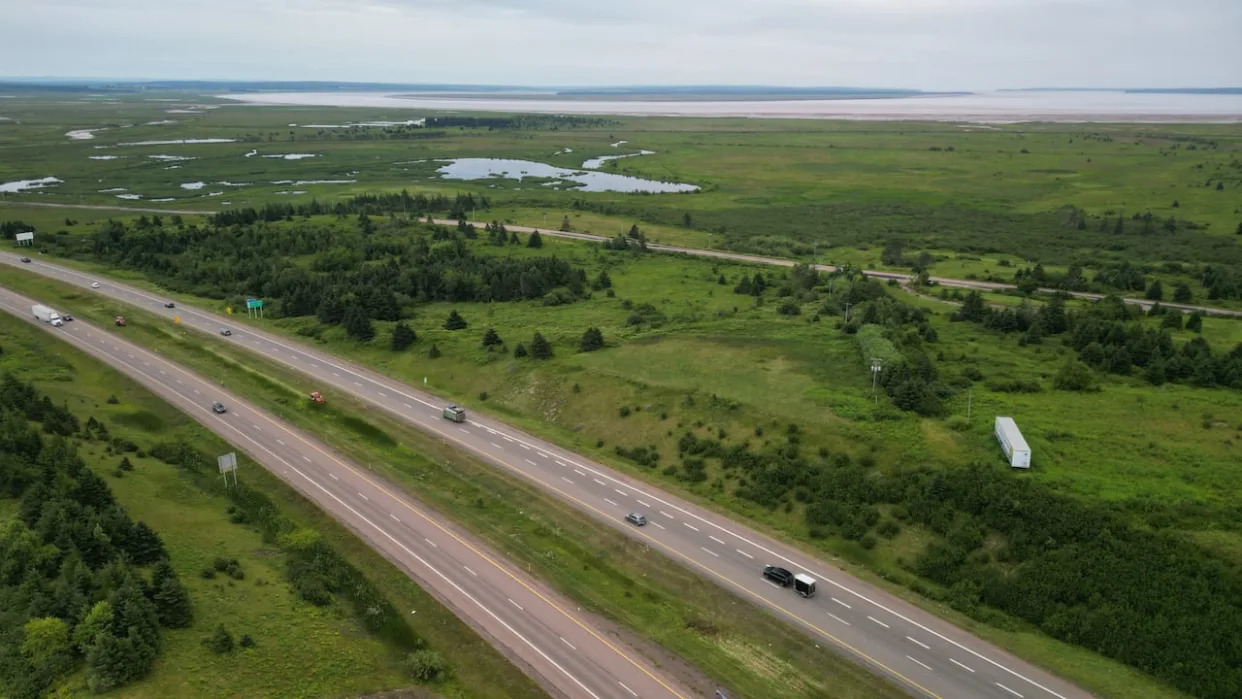
The Chignecto Isthmus is the strip of land that connects New Brunswick and mainland Nova Scotia. It's an integral trade corridor and is vulnerable to flooding from the effects of climate change. (Craig Paisley/CBC - image credit)
Officials elected by the people living on and near the Chignecto Isthmus say work to protect the low-lying strip of land that connects mainland Nova Scotia to New Brunswick is going too slowly.
Local MLAs, mayors and other stakeholders attended a meeting this week at Amherst Town Hall, where they discussed pending upgrades to the centuries-old dike system that protects the isthmus from the battering tides of the Bay of Fundy and Northumberland Strait.
Amherst Mayor David Kogon said it's time for the provincial governments and Ottawa to stop fighting over who will pay for the project and get to work.
Scientists have estimated that extreme weather and rising sea levels caused by climate change threaten to flood the Chignecto Isthmus by the year 2100, which would have devastating effects for Amherst.
Kogon said he worries that timeline is accelerating, and there's little his town can do to protect itself.
"All we can do is advocate and push the higher levels of government because that's where the money is," he told reporters following the meeting.
Two years ago, a study commissioned by Nova Scotia and New Brunswick yielded a report that said the dikes need major repairs.
No construction has started, but a spokesperson for the Nova Scotia Department of Public Works said there is other work underway. They said staff are studying the impact of water movement in the area, hiring a project manager and engaging with governments, academics and others.
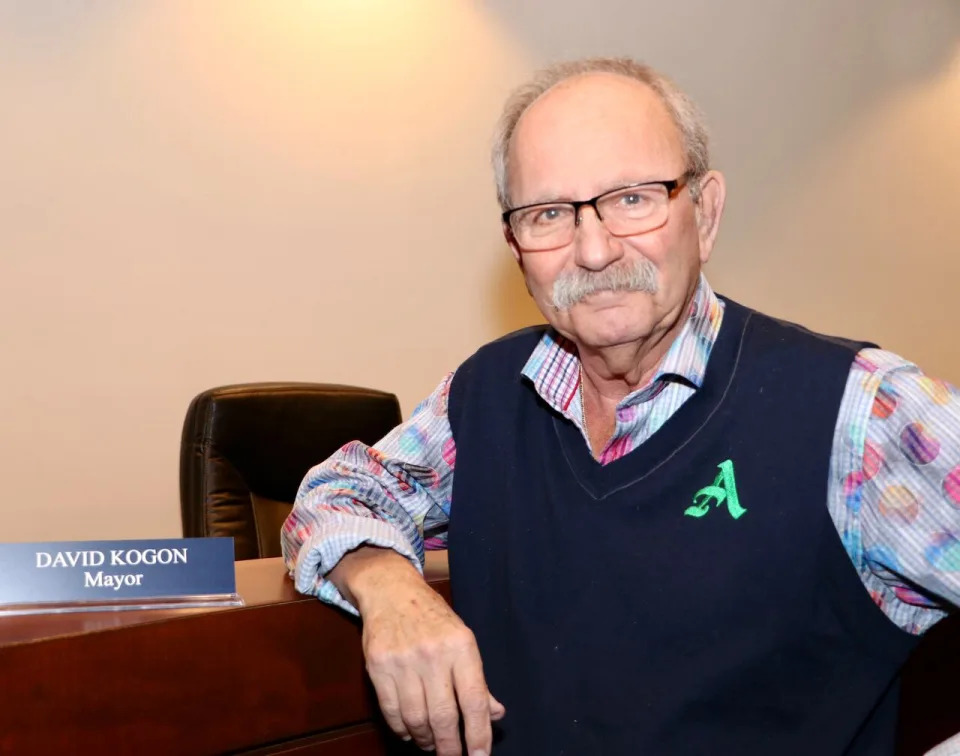
David Kogon is the mayor of Amherst.
David Kogon is the mayor of Amherst. (Town of Amherst)
Work stalled over funding questions
Kogon said he has "full confidence" in the work getting done, eventually, but he thinks it's stalled.
"Unfortunately they can only plan to a certain point. They can't go beyond a very beginning nature in the planning until the financial agreements are in place on how it will be paid for."
The study from 2022 pegged the cost of raising and strengthening the dikes around $300 million, but the cost estimate has since ballooned to $650 million.
Ottawa wants to share the cost with the provinces, but the provinces want the federal government to cover the whole bill.
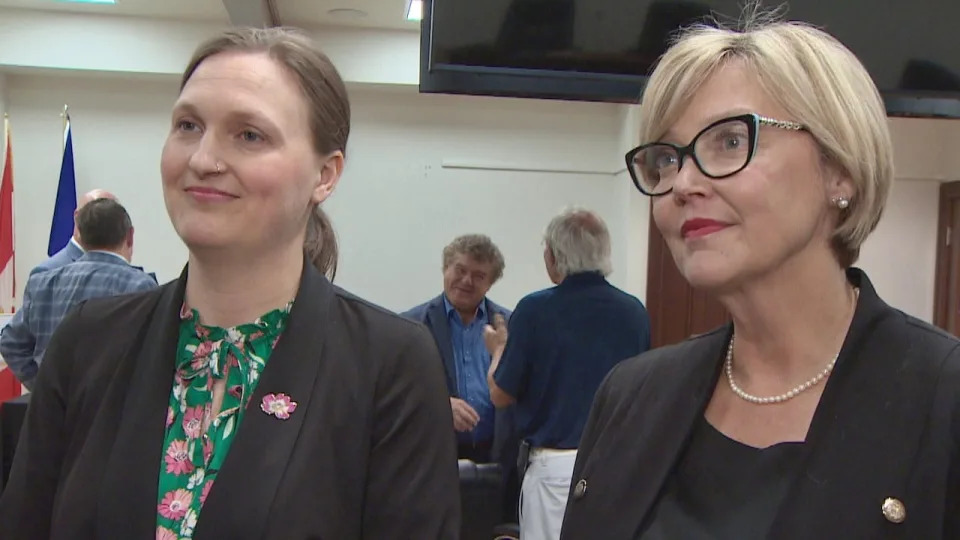
New Brunswick Green MLA Megan Mitton and Nova Scotia Independent MLA Elizabeth Smith-McCrossin represent districts on the Chignecto Isthmus.
New Brunswick Green MLA Megan Mitton and Nova Scotia Independent MLA Elizabeth Smith-McCrossin represent districts on the Chignecto Isthmus. (Pat Callaghan/CBC)
Nova Scotia and New Brunswick reluctantly applied for a cost-share agreement through the federal Disaster Mitigation and Adaptation Fund, but they're also in the midst of a court case pushing for Ottawa to pay more.
New Brunswick Green MLA Megan Mitton and Nova Scotia Independent MLA Elizabeth Smith-McCrossin were both at the meeting in Amherst this week, and said their constituents are tired of waiting.
"It's frustrating because we've lost precious time," said Mitton.
"People want shovels in the ground," said Smith-McCrossin.
Bill passed in Senate
New Brunswick Sen. Jim Quinn thinks a bill he introduced could help move things along.
"We simply need to do this more quickly," Quinn told reporters in Amherst.
Bill S-273 passed through the Senate this spring. Quinn said Conservative MP Stephen Ellis, who represents the Nova Scotia riding of Cumberland-Colchester, will sponsor the bill in the House of Commons this fall.
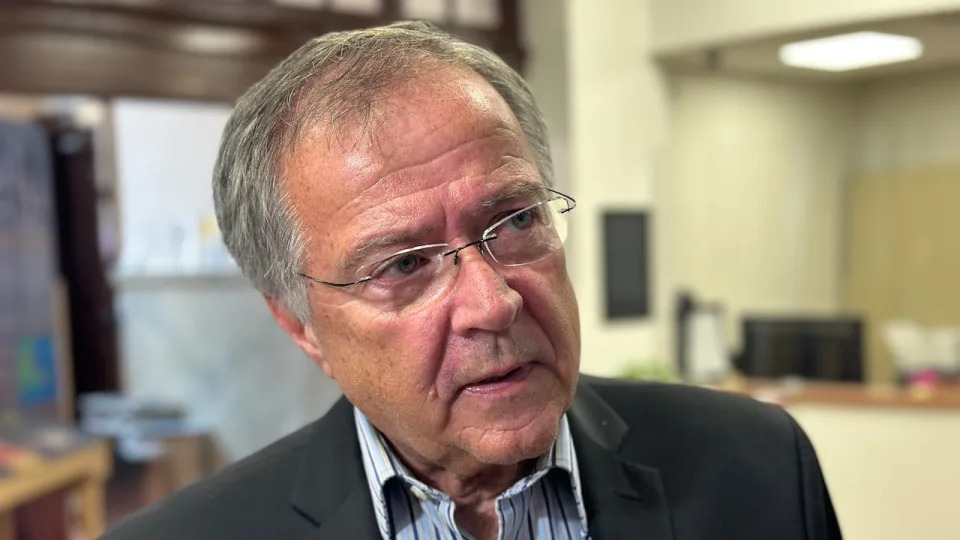
New Brunswick Senator Jim Quinn, pictured in Amherst Town Hall on July 23, 2024.
New Brunswick Sen. Jim Quinn, pictured in Amherst Town Hall on July 23, 2024. (Taryn Grant/CBC)
The bill declares improvements to the dikes on the Chignecto Isthmus "to be for the general advantage of Canada." It does not explicitly call for Ottawa to pay for the whole project, but Quinn said it could lead to the federal government paying for more than the 50 per cent that's currently on the table.
He said it could also result in the federal government taking the lead on other aspects of the project such as consulting with Indigenous communities and assessing environmental impacts.
Quinn said he thinks his bill also highlights the need for regional equity, pointing to Ottawa's decision to spend $1 billion over 25 years to repair and maintain a Quebec bridge, while resisting the call to pay for the Chignecto Isthmus work.
"We need to be treated fairly and equally as others in the federation," said Quinn.
